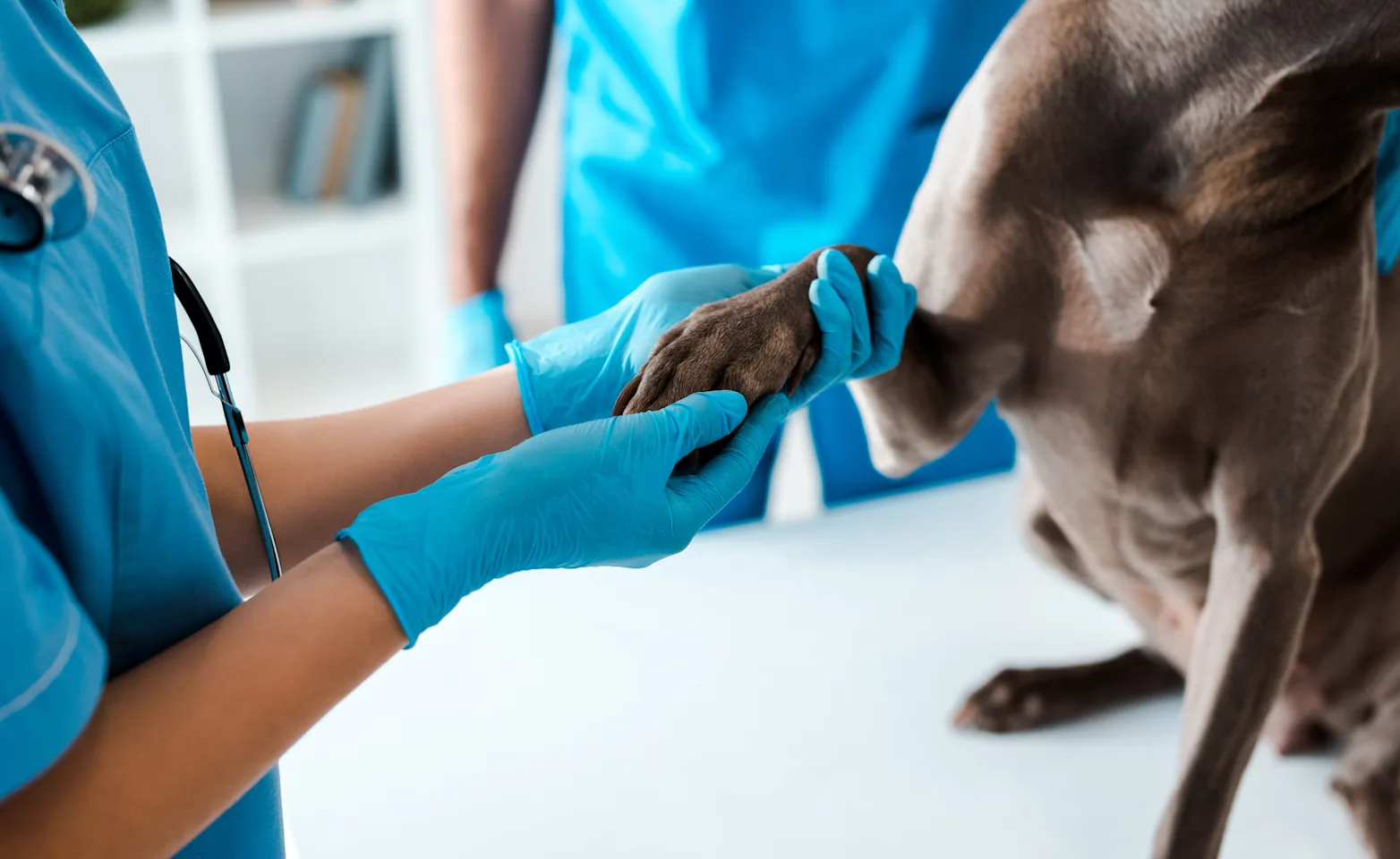New England Animal Medical Center
How to Tell if Your Pet Is Having an Emergency
Not all pet injuries and illnesses require immediate medical attention. However, if your pet is experiencing any one of the below pet health emergency symptoms, please call or visit our animal hospital right away.
Non-productive retching/vomiting, swollen or distended abdomen
Severe bleeding or bleeding that doesn't stop within five minutes
Any difficulties breathing: short or shallow breath, increased effort, gagging, choking
Bleeding from the nose, mouth, coughing up blood, or blood present in stool or urine
Inability to pass stool, struggling to pass stool, or obvious pain passing stool
Inability to urinate, struggling to urinate, or obvious pain associated with urination
Eye swelling, discharge, redness, or injury
If you suspect or know that your pet has eaten something poisonous, including antifreeze, xylitol, chocolate, rodenticide, or any other toxic substance
Allergic reactions including swelling, rashes, or itching
Weakness, inability to walk, sudden collapse
Diabetic animals refusing food
Pregnant animals in labor for more than one hour without delivering, those that have gone more than 3-4 hours between delivering
First-time seizure, seizures lasting more than three minutes, or multiple seizures
Heatstroke or hypothermia
Severe vomiting or diarrhea
Refusal to drink for 24 hours or more
Unresponsive or loss of consciousness
Obvious broken bone
This list is not exhaustive and does not cover all possible emergency symptoms. If you have questions about your pet’s symptoms or are concerned that they may be experiencing an emergency, please call us at (508) 584-1600. We have emergency veterinarians on staff to make sure your pet gets the best possible critical care in New England.

What to Do in a Pet Emergency
If your pet is currently experiencing an emergency, follow these steps to keep your pet safe and give them the best possible chance at a full recovery:
Remain as calm as possible. If you panic, you may forget something or even cause your pet to feel more stressed and scared than they probably already are.
If your pet is in an unsafe location, such as in the road or near a dangerous animal, carefully move them to a safe spot. Try not to move your pet more than is absolutely necessary, as too much movement may worsen their injuries.
Contact us at (508) 584-1600 right away. Let us know what is going on with your pet so that we know what to expect when you arrive.
Load your pet into your vehicle as carefully as possible. If necessary, use towels as a makeshift stretcher. Animals in severe pain may become aggressive, so you may need to loosely drape a soft cloth over your pet’s eyes to help them calm down.
Drive quickly and carefully to us and follow all instructions upon arrival.
When in doubt, take your pet straight to the emergency vet. We can help you assess the situation and make sure that your pet gets the care they need.


